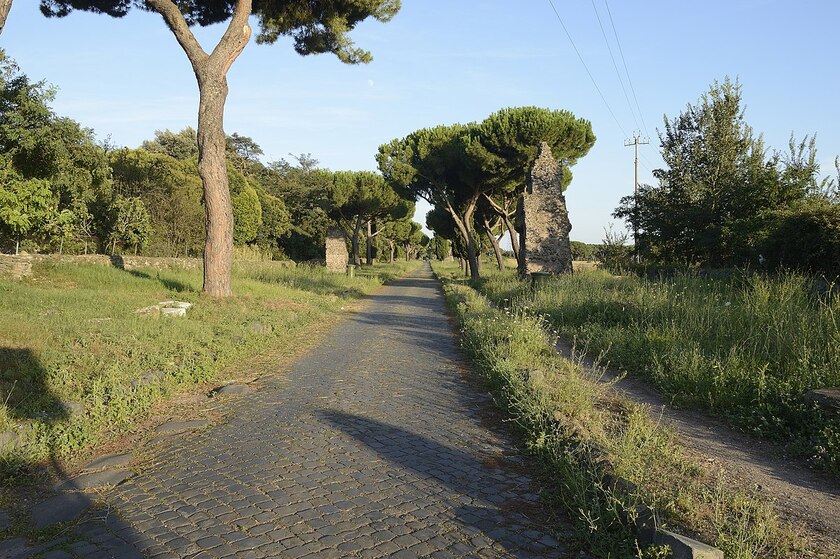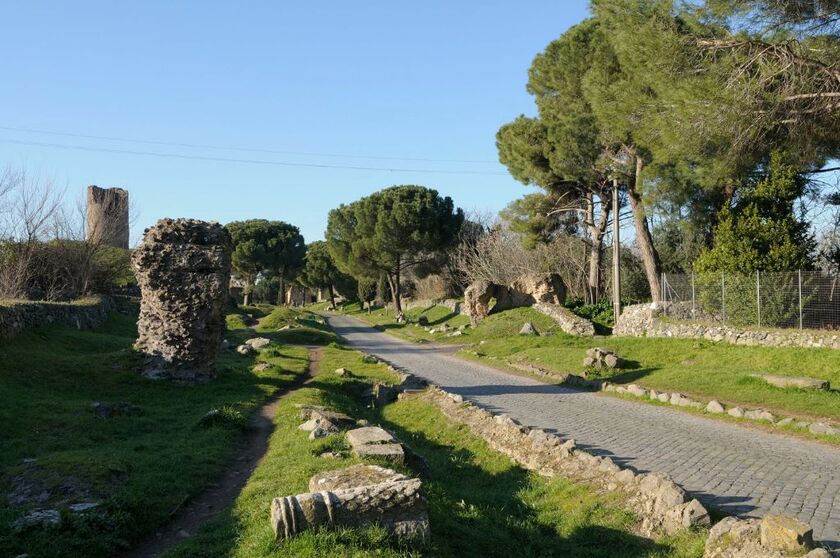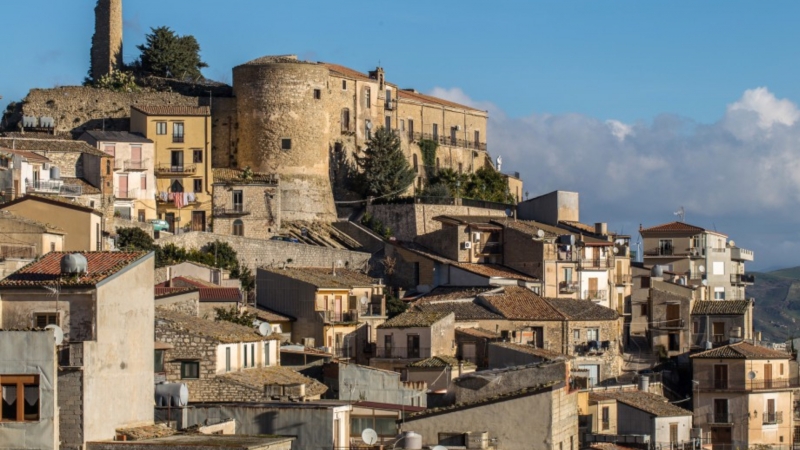Italy's 60th cultural heritage site.
The United Nations Educational, Scientific and Cultural Organization (UNESCO) recently recognized "La Via Appia," an ancient Roman highway, as a World Heritage site.
The Via Appia, the first highway of the ancient Romans, is a major tourist attraction when visiting Rome, Italy. The road is named after Appius Claudius Caecus, an ancient Roman who built a southern route in 312 BC. Dubbed the "Queen of Roads," this historic route connected ancient Rome with the town of Brindisi in the southeast of the empire. This landmark title marks Italy's 60th UNESCO World Heritage site.

The Via Appia is Italy's 60th site to be recognized as a UNESCO World Heritage site.
This route was not only a symbol of the power and foresight of the Roman Empire, but also played a crucial role in promoting trade and cultural exchange between Rome and the Mediterranean and the East.
Italian Culture Minister Gennaro Sangiuliano stated that UNESCO's recognition of La Via Appia as a World Heritage Site has captured the unique universal value of this engineering marvel, which has served as an important trade and cultural channel for centuries. This not only celebrates Italian history and identity but also brings economic benefits to the surrounding regions.
Current value and efforts to preserve the heritage
This recognition is the result of a large-scale collaborative effort, involving organizations at various levels, from the regional governments of Lazio, Campania, Basilicata, and Puglia to cities, municipalities, parks, universities, and local communities. The Italian Ministry of Foreign Affairs and the Pontifical Commission for Archaeology of the Vatican also played a significant role in this process.

La Via Appia is a prominent tourist attraction, drawing visitors with its historical value and impressive scenery.
Today, La Via Appia is not only an important cultural heritage site but also a prominent tourist attraction with immense historical and scenic value. Major sections of La Via Appia are still well-preserved and are partly used for traffic between the regions of Lazio, Campania, Basilicata, and Puglia.
UNESCO recognition will contribute to the protection and promotion of this route, as well as raise awareness of the importance of preserving cultural heritage.

 VI
VI EN
EN



































